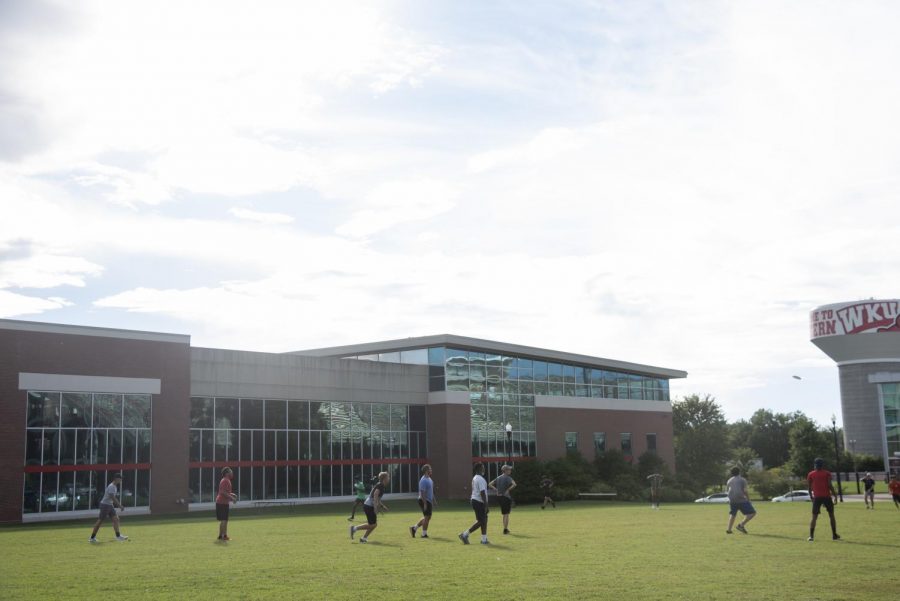Provost: First-year enrollment up significantly, but undergraduate enrollment slightly decreased
August 31, 2020
WKU’s first-year freshmen enrollment saw a significant increase over the past year, while overall undergraduate and graduate enrollment has decreased, according to a Monday email.
The email from Cheryl Stevens, Provost and Vice President for Academic Affairs, provided an update to faculty after the first week of the campus restart.
As of Aug. 29, WKU saw a 14.4% increase in first-time first-year freshmen, Stevens said. However, undergraduate enrollment decreased by 32 students and graduate enrollment decreased by 37 students.
International enrollment has also decreased by 117 students and transfer student enrollment decreased by 70 students.
On-campus housing is down by about 150 beds, Stevens said.
Stevens said that considering the COVID-19 pandemic, she believes the school is doing well.
All academic colleges showed increases in retention and under-represented minority retention increased from 60.0 to 73.7%, Stevens said.
Overall retention increased from 73.0 to 77.1%, Stevens said.
The email also provided an update on WKU’s budget. Stevens said the Budget Executive Committee discussed development of the timeline for beginning the F22 budget development process. It will begin on Sept. 15 and be completed in May 2021.
Stevens said that due to the university’s current budget deficit, the university is still in “severe austerity mode.”
“Because of our diligence across the university, we spent $1M less in July 2020 than in July 2019,” Stevens said. “This is important so that we can meet the reduction targets.”
Stevens also gave information about the CAPE Transformation.
“Of the 55 programs that were reviewed, 47 will move into the curriculum and academic program review process,” Stevens said. “Three were suspended by the program, 3 were suspended by the dean/provost office, and 2 were delayed.”
A committee of representative deans, department heads and faculty will be created this fall to create a new academic review process.
The email gave an update on COVID-19, stating that mask compliance on campus has been good.
Stevens said that while a few positive cases emerged last week, “no big clusters have been identified yet and so far, no patterns of COVID-19 infections have emerged.”
Stevens also noted that the university believes that “increases in certain fraternity/sorority houses has more to do with close living spaces than inappropriate gatherings.”
“As is often the case, I remain concerned about student success especially for our youngest and most vulnerable student population,” Stevens said.
Stevens applauded students for working hard and navigating their way through online courses during the pandemic.
“As much as we are still distracted by the pandemic and as we juggle different teaching demands with our family commitments, I believe that it is most important that we do the work of the university deliberately and with purpose,” Stevens said.

























